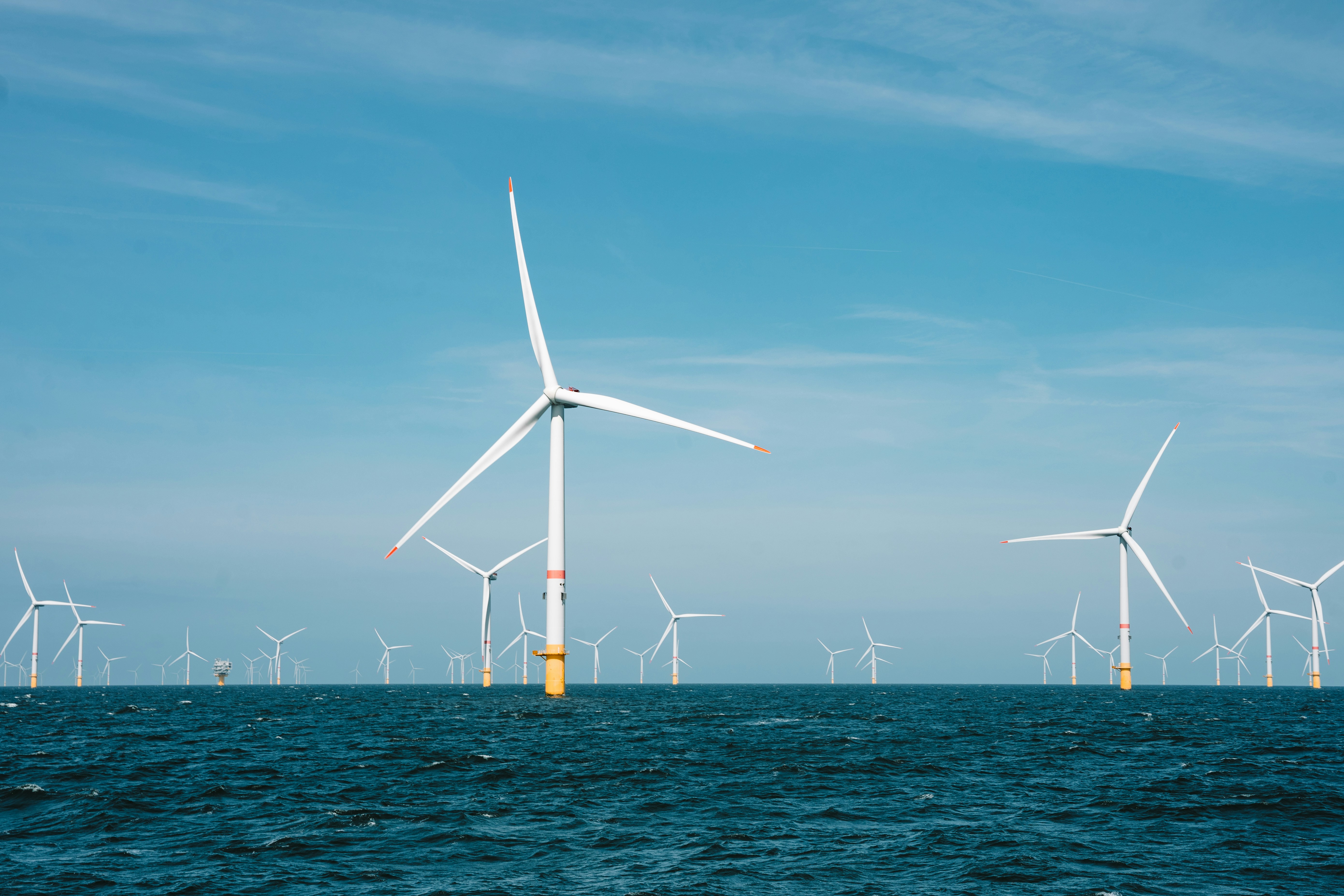About
In order to prevent the most severe impacts to marine ecosystems, rapid decarbonization is needed. One solution lies in ocean-based renewable energy sources like wind, wave, and tidal power. Specifically, offshore wind energy shows promise, especially along the U.S. West Coast. The Bureau of Ocean Energy Management (BOEM) has already leased areas off the coast of California for offshore wind development. Additionally, plans are underway for leasing and possible development of similar projects off the coasts of Oregon, Hawaii, and the Pacific Island Territories.
The introduction of offshore wind development may impact commercial fisheries in a variety of ways, including changes in fishing locations, harvest levels, and operating costs. Fishermen already grapple with climate change impacts such as shifting species ranges, harvested population shocks, and changes in ocean productivity. The combined effects of offshore wind development and climate change could lead to new fishing grounds emerging and potential conflicts over resource use. Thus, an area that does not have conflicting uses today could have conflicting uses in the future. It is essential that we understand climate change and offshore wind development separate and combined effects on West Coast fisheries is critical to successfully addressing and mitigating potential impacts. This study aims to assess how these impacts may affect fishery outcomes like harvest and revenue. Critically, we are investigating key mitigation strategies that enhance the resilience and adaptability of the commercial fishing industry.
